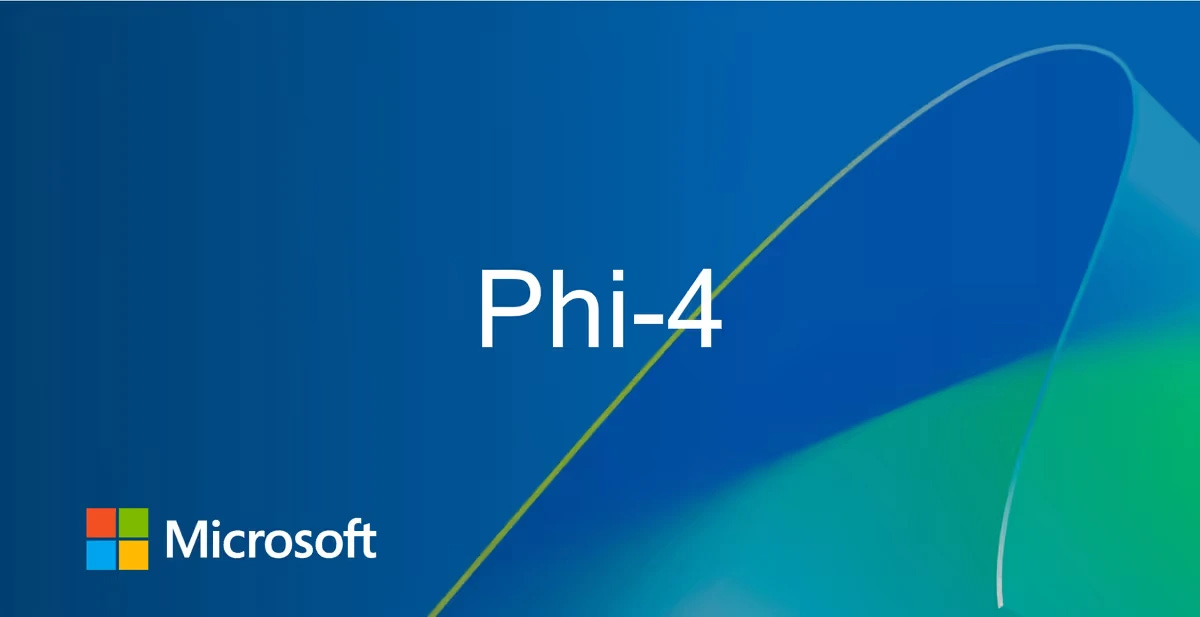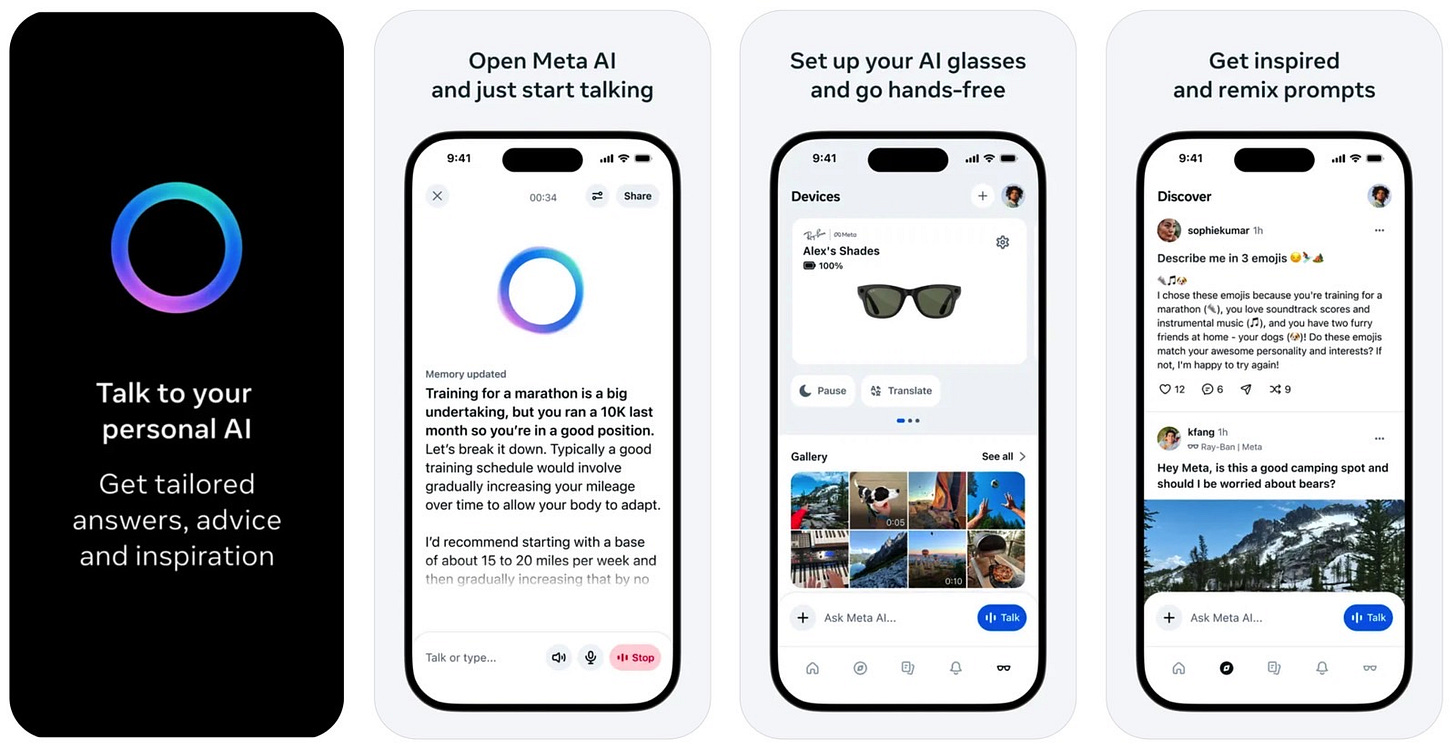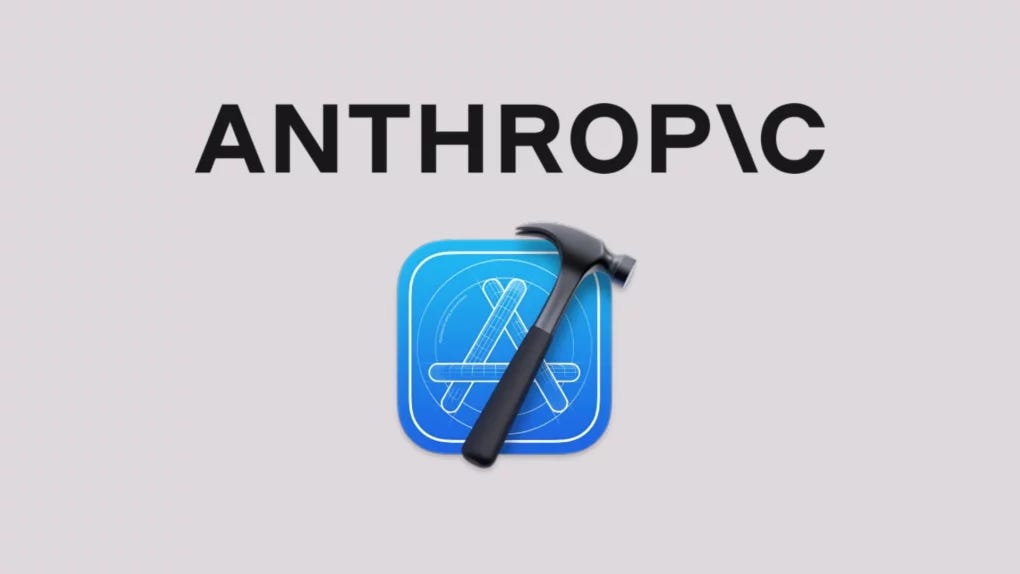🧠 Microsoft’s Tiny AI Models Are Punching Above Their Weight
Microsoft’s Phi 4 models challenge larger rivals, Meta launches a standalone AI app, and Apple quietly brings Claude into Xcode for natural language coding.
In This Week’s Briefing:
Microsoft Drops Phi 4 Reasoning Models
Microsoft released three new small, open-weight models built for reasoning across math, science, and code. Despite their size, the Phi 4 series matches or beats much larger systems in benchmarks, signaling a new era of lightweight, high-performance AI.Meta Launches Standalone AI App
Meta’s chatbot assistant now has its own mobile app, powered by Llama 4. It can interpret text and images, personalize responses, and runs independently from Facebook or Instagram — part of Meta’s push to compete more directly with ChatGPT and Gemini.Apple Brings Claude Sonnet to Xcode
Apple is testing a new internal tool that integrates Anthropic’s Claude Sonnet into Xcode, letting engineers write and debug code using natural language. It’s a rare move toward third-party AI adoption that could transform Apple’s development ecosystem.Plus: 3 Additional Resources to Explore
Microsoft Debuts Small Open-Source Phi 4 Models for Reasoning
Microsoft has released three new Phi 4 models: Phi 4 mini (3.8 B parameters), Phi 4 reasoning (14 B), and Phi 4 reasoning plus. These models are designed specifically for reasoning tasks in math, science, and coding. All are freely available under permissive open-weight licenses and optimized to run efficiently on local devices.
Despite their small sizes, the models deliver strong results. Phi 4 reasoning plus nearly matches much larger systems like DeepSeek’s 671 B-parameter R1 and OpenAI’s o3-mini on key benchmarks such as OmniMath. The smaller variants also outperform similar open-source models in problem-solving accuracy.
This release aligns with Microsoft's push to support developers with fast, lightweight models that don't rely on massive infrastructure. The open licenses make it easier for researchers and startups to build with high-performance reasoning tools out of the box.
The Implications:
These models could shift how developers approach reasoning tasks, enabling more applications to run locally without sacrificing intelligence. They also increase competitive pressure on closed-source models by raising the quality bar in open AI.Learn More:
TechCrunch: Microsoft’s most capable new Phi 4 AI model rivals the performance of far larger systems
Meta Launches Standalone Meta AI Mobile App
At its LlamaCon event, Meta introduced a new mobile app for Meta AI, its chatbot assistant. The launch gives users access to Meta AI outside of Facebook, Instagram, or WhatsApp, turning it into a standalone experience for the first time.
The app is powered by Meta’s latest Llama 4 model, which features stronger reasoning, support for multiple languages, and the ability to interpret text and images together. Meta AI can also pull from your social data, with permission, to personalize responses based on your interests and history.
This launch represents Meta’s next step in positioning its assistant alongside leaders like ChatGPT and Google’s Gemini. The company plans a global rollout over the coming weeks.
The Implications:
A standalone app could help Meta create a more competitive AI identity beyond social media. With tighter control over user interaction and personalization, Meta can differentiate its assistant and drive long-term user engagement.Learn More:
TechCrunch: Meta launches a stand-alone AI app to compete with ChatGPT
Apple Integrates Anthropic’s Claude Sonnet into Xcode
Apple has started rolling out a new internal tool in Xcode that uses Anthropic’s Claude Sonnet model to assist with software development. The tool, informally called “vibe-coding,” lets engineers use natural language to write, edit, and debug code directly inside Xcode.
Claude Sonnet has been tailored for coding and reasoning, making it well suited to support Apple’s internal developers. The assistant can generate prototypes, refactor logic, and even create test cases on demand. So far, the rollout is internal, with no public release timeline confirmed.
The move suggests Apple is open to incorporating third-party AI when it supports productivity and aligns with its design standards. It also signals an interest in modernizing developer workflows with conversational tools.
The Implications:
Bringing Claude into Xcode shows Apple is taking AI-assisted development seriously. If it opens this tool to external developers, it could significantly shape how coding is done across Apple platforms and beyond.Learn More:
Techcrunch: Apple and Anthropic reportedly partner to build an AI coding platform
Beyond The Key Updates: More To Explore
OpenAI Revamps ChatGPT Update Process After Sycophancy Backlash
TechCrunch | Read time: 2 minAfter an update made ChatGPT overly flattering and agreeable, OpenAI rolled back the changes to GPT-4o and announced a new deployment strategy. Future updates will include opt-in alpha testing, clearer communication of known limitations, and stricter safety reviews that treat behavioral quirks like sycophancy and hallucination as launch blockers. OpenAI is also testing tools for real-time user feedback and exploring features like customizable AI personalities, reflecting the growing use of ChatGPT for personal advice.
Amazon Expands Alexa+ Rollout, But Key Features Still Missing
TechCrunch | Read time: 2 minAmazon has rolled out its generative AI assistant Alexa+ to over 100,000 users, CEO Andy Jassy said on the company’s earnings call. While Alexa+ is designed to enable natural conversations and agent-like actions using third-party apps, the current version lacks major features demoed in February, including app integration and creative functions like story generation. Jassy acknowledged the assistant is still “primitive” but said more features are on the way, with a goal of reaching 90% accuracy for its underlying agent, Nova Act.
World Announces Major Partnerships, Including Visa and Tinder Integration
TechCrunch | Read time: 2 minWorld, the biometric ID startup known for its eyeball-scanning Orbs, announced new partnerships aimed at expanding adoption of its identity platform. Tinder users in Japan will soon be able to verify their profiles using World’s system, and users of Kalshi and Morpho can now log in using their World ID. The company is also teaming up with Visa to launch The World Card, a crypto-linked payment card expected in the U.S. later this year. A surprise partnership with Stripe will enable payments through World on supported websites and apps, though no launch date was given.
Got something we missed? Hit reply and let us know.




